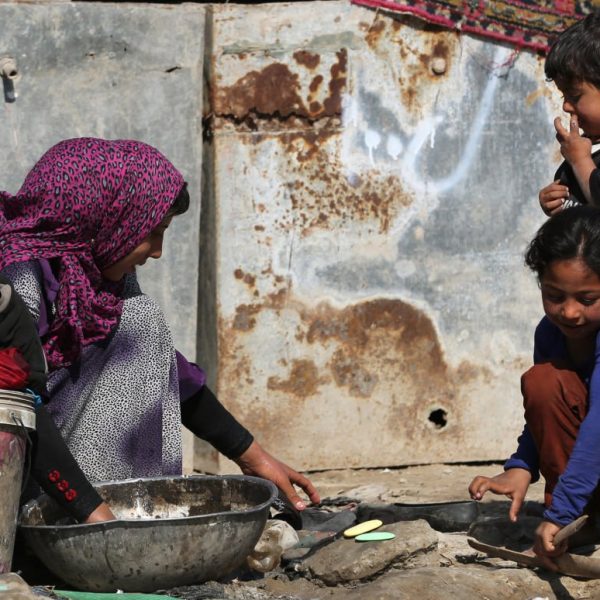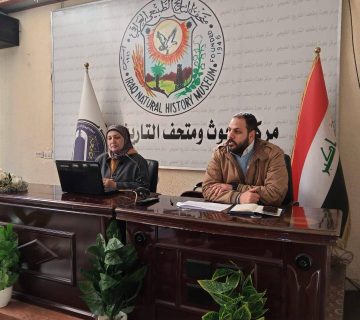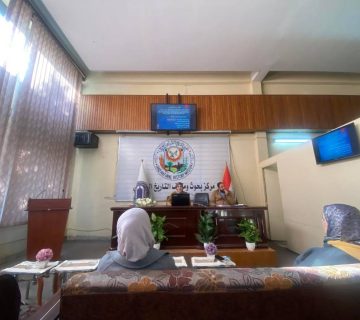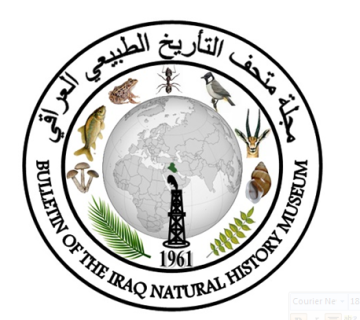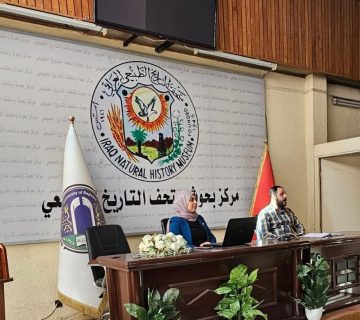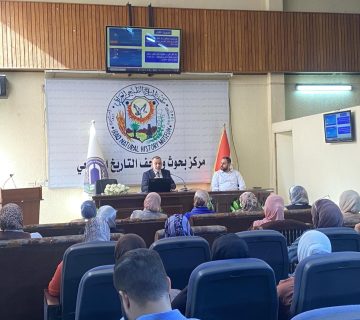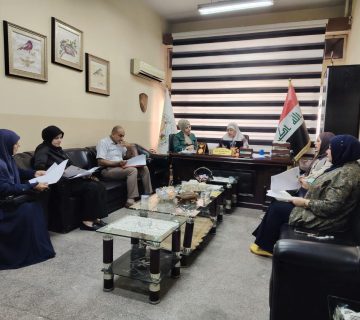Poverty, defined as the inability to meet basic needs for food, shelter, clothing, and healthcare, casts a long shadow over individuals and societies alike. It is a complex issue with far-reaching consequences, impacting everything from education and health to crime and social unrest.
The ripple effects of poverty
Education disrupted: When families struggle to make ends meet, education often becomes a luxury they cannot afford. Children from low-income households are more likely to drop out of school, limiting their opportunities for social mobility and economic advancement.
Health in jeopardy: Poverty is a breeding ground for poor health outcomes. Limited access to nutritious food, clean water, and sanitation, coupled with inadequate healthcare, can lead to a higher prevalence of chronic diseases and infectious illnesses.
A breeding ground for crime: Driven by desperation and a lack of legitimate opportunities, some individuals may turn to crime to survive. Poverty can also contribute to social unrest and violence, as frustration and anger boil over.
Development derailed: The resources needed to invest in infrastructure, education, and healthcare are often diverted to social safety nets when poverty rates are high. This can hinder overall economic and social development.
Islam’s approach to poverty
Islam recognizes the gravity of poverty and offers a multifaceted approach to addressing it:
Promoting hard work and self-sufficiency: The religion emphasizes the importance of striving, working, and earning a living with dignity.
Zakat and charity: Muslims are obligated to give a portion of their wealth to charity (zakat) and are encouraged to give additional voluntary donations (sadaqah) to help those in need.
Prohibition of harmful practices: Usury, gambling, and fraud are forbidden in Islam, as they are seen as exploitative and harmful to society.
The situation in Iraq
Iraq, unfortunately, faces a significant challenge with poverty. The poverty rate has been steadily rising in recent years, reaching 25% in 2022. This is particularly concerning in governorates like Al-Muthanna, Al-Diwaniyah, and Dhi Qar, where poverty rates exceed 40%.
Addressing poverty: A collective responsibility
Combating poverty requires a multi-pronged approach that addresses the root causes of the problem. This includes investing in education and healthcare, creating job opportunities, promoting social safety nets, and tackling corruption. It is also crucial to empower individuals and communities to lift themselves out of poverty.
By working together, we can create a world where everyone has the opportunity to live a life of dignity and well-being.
Asistant lecturer Suhad Hamza Muhammad Ali

